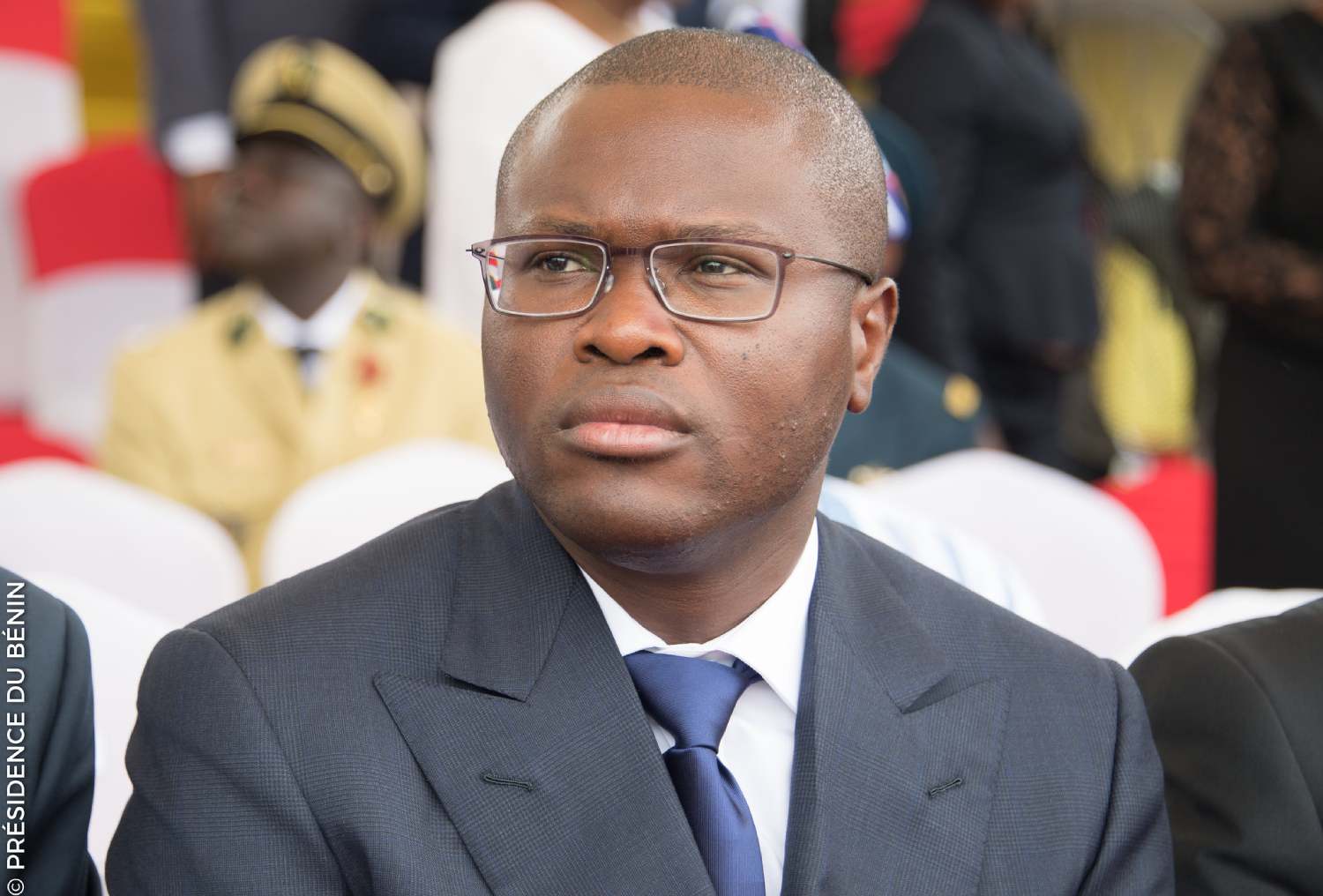Wadagni–Talata: The Bet on Continuity and Talon’s Shadow
The veil has been lifted. As 2026 approaches, the ruling coalition has chosen its ticket: Romuald Wadagni as presidential candidate, accompanied by Mariam Chabi Talata, already vice president, retained as running mate. A duo that, beyond the names, embodies Patrice Talon’s project: to ensure the continuity of his legacy and secure his succession.

SUMMARY
Minister of Economy and Finance since 2016, Romuald Wadagni is the reassuring face of fiscal discipline. Architect of economic reforms and the craftsman behind Benin’s regained credibility with the markets, he has provided strong signals of seriousness to investors and donors. But therein lies his weakness as well: he is a manager more than a tribune.
On the campaign trail, the equation is tricky. Wadagni embodies competence, but will he embody hope? Governing with numbers is not the same as winning hearts in an electoral campaign.
Talata: Balance and Symbolism
At his side, Mariam Chabi Talata continues the journey. The country’s first female vice president, a respected academic, she represents both loyalty to Talon and an opening toward social and regional balances. Retaining Talata maintains a strong signal: the coalition embraces the idea that a woman remains at the heart of the presidential ticket.
Her role, however, remains in the background: a guarantor of stability, a symbolic figure, rather than a central actor in a campaign where the weight will rest on Wadagni’s shoulders.
The choice of this tandem is clear: it is a duo of loyalty. Loyalty to Talon, first, who has placed two trusted figures to safeguard his legacy. Loyalty to the coalition, too, since Wadagni, distant from partisan quarrels, becomes a compromise figure between the major political forces backing the regime.
In reality, this ticket is also a shield for the outgoing president: by handing over to loyal personalities, Talon ensures that his succession does not turn into a challenge to his legacy.
The Absent One: Joseph Djogbénou
The great loser in this equation is Joseph Djogbénou. President of the UP-R, former president of the Constitutional Court, and a formidable jurist, he had both the ambition and the profile. But that was the problem: too politically marked, too exposed to criticism over institutional reforms, too closely identified with the partisan machinery.
Wadagni, by contrast, is smoother, more consensual. The technocrat reassures where the jurist divides. This is also a way to prevent the succession from becoming a duel of barons, when Talon wanted a seamless continuity.
The Real Battle: From Numbers to the Field
The Wadagni–Talata duo starts as the favorite. Institutional mechanisms—endorsement by deputies and mayors, discipline within the majority—provide them with a solid launching pad. But presidential elections are not won in financial markets or ministerial corridors. They are won in neighborhoods, villages, and suburbs, where the people will decide whether the promise of discipline and continuity can also rhyme with well-being and hope.
The strategy is clear: a ticket of managers to extend the Talon era. The open question remains: do the Beninese people still want continuity, or are they now waiting for a new political breath?


Comments